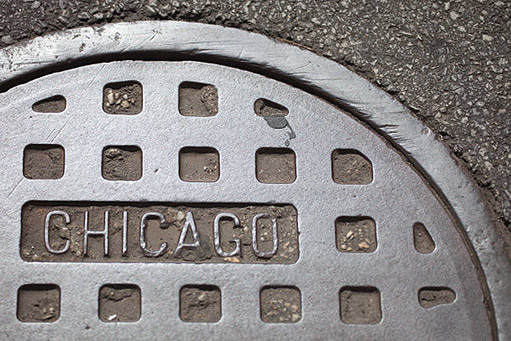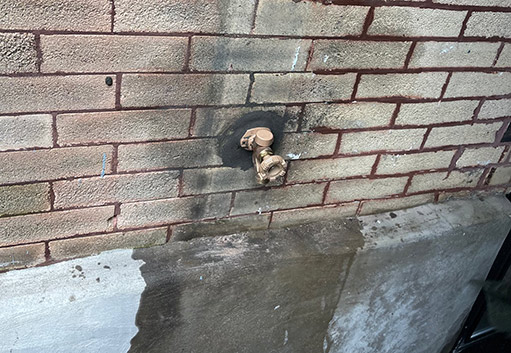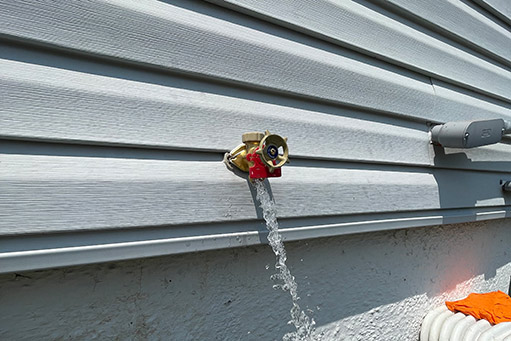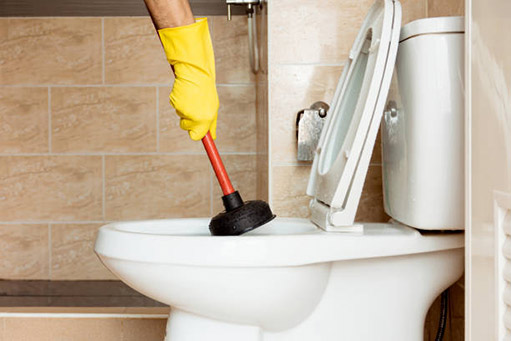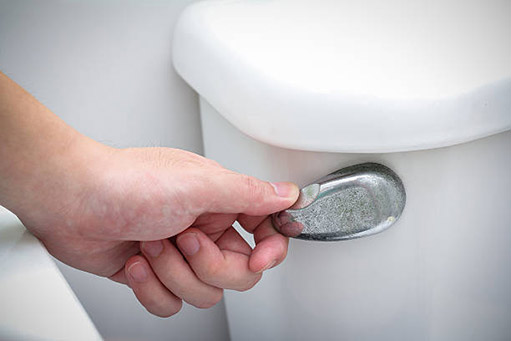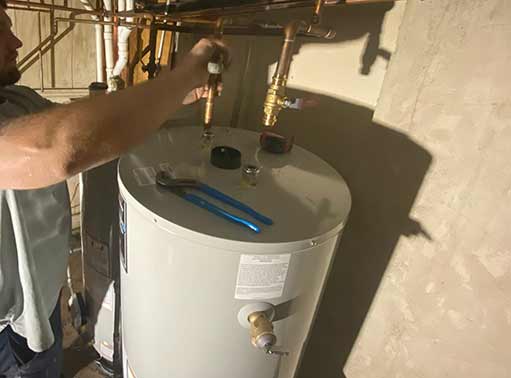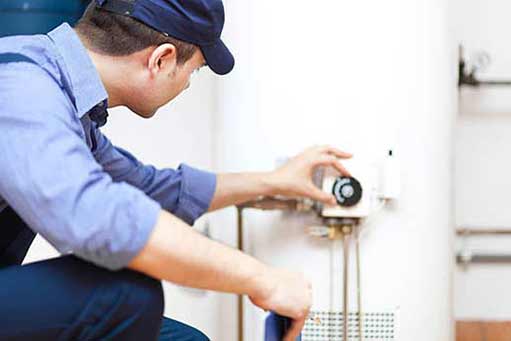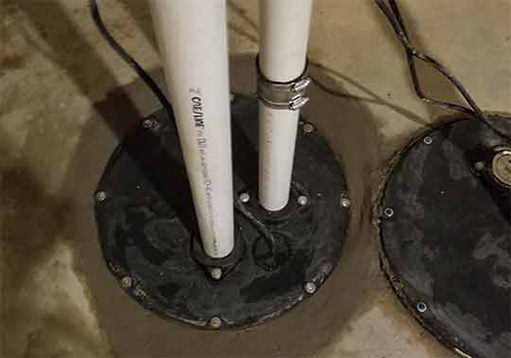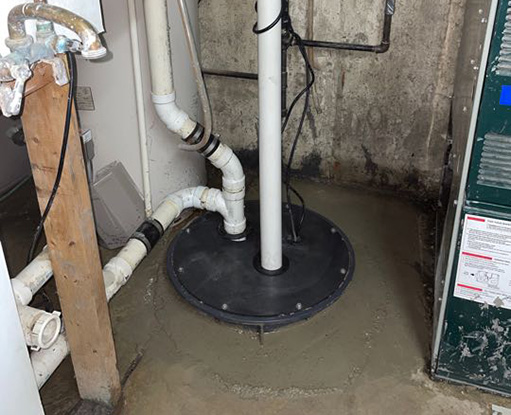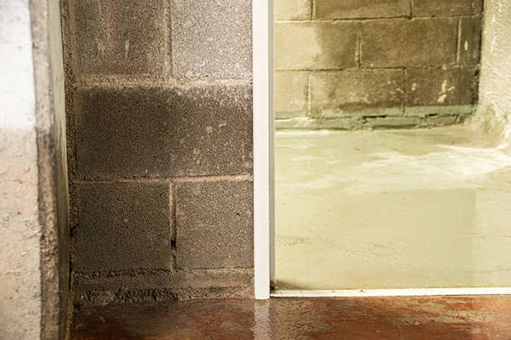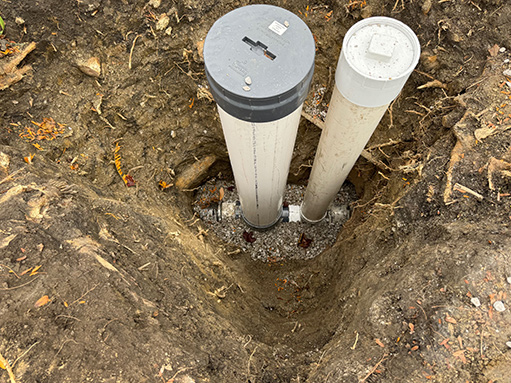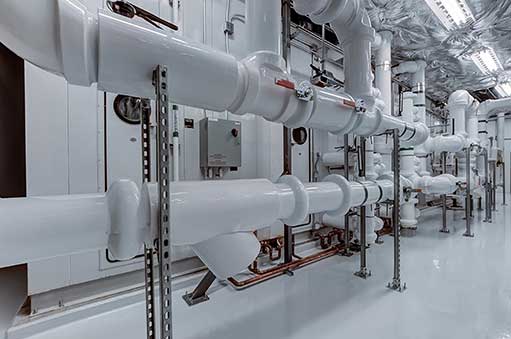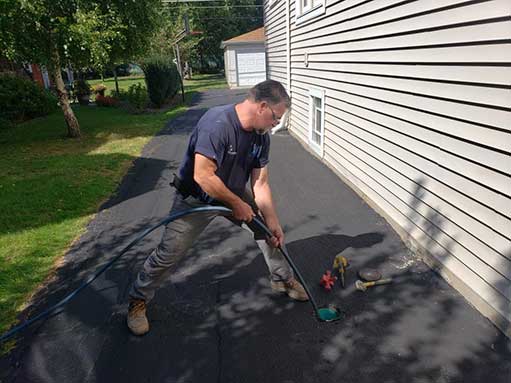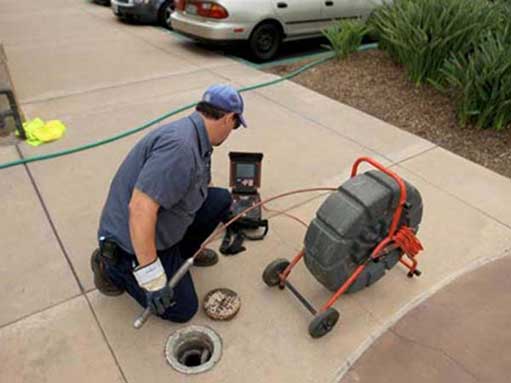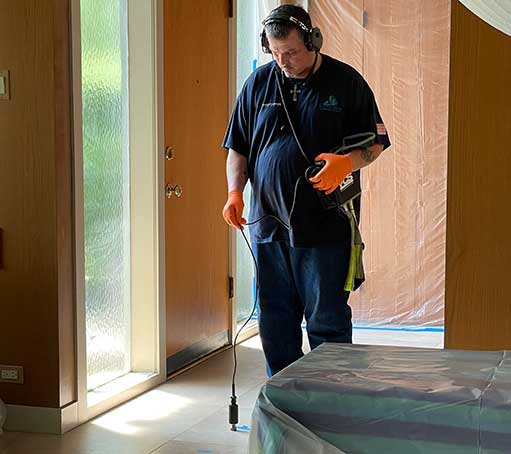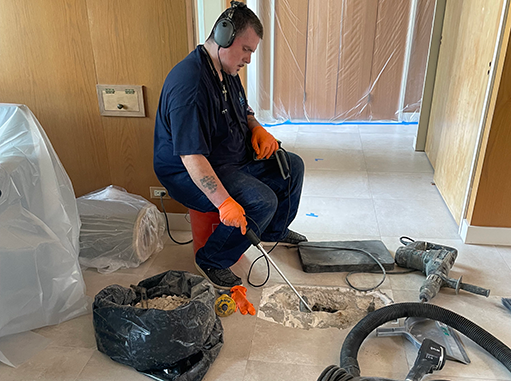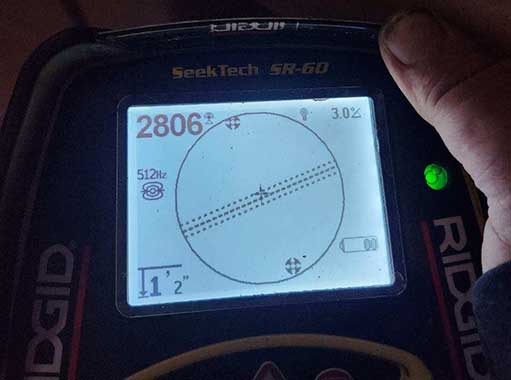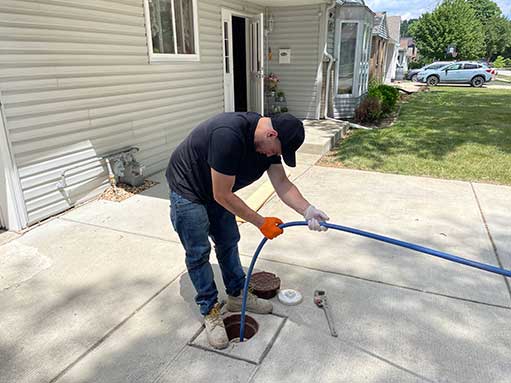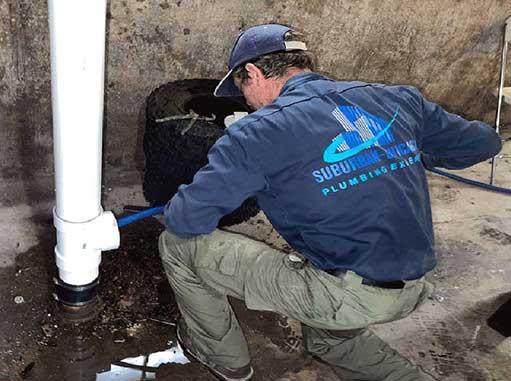Why Chicago’s Private Drain Program is a Smart Investment for Homeowners
Chicago is a vibrant city with a rich legacy and a thriving real estate market. As a homeowner in this dynamic metropolis, it is essential to stay ahead of the curve when it comes to maintaining and enhancing the value of your property. One way to do this is by participating in Chicago’s Private Drain Program. This program, designed to address the city’s aging infrastructure, offers homeowners a unique opportunity to invest in their homes while contributing to the overall well-being of the community.
The Importance of a Functional Drainage System
Before we delve into the details of Chicago’s Private Drain Program, let’s first understand why a well-functioning drainage system is crucial for homeowners. A drainage system is responsible for carrying away excess water from your property, thereby preventing potential damage to your home’s foundation, basement, and landscaping. Without a properly functioning drainage system, water can accumulate in your yard, causing soil erosion, mold growth, and even structural issues.
Chicago, with its unpredictable weather patterns and occasional heavy rainfall, is particularly susceptible to drainage problems. Therefore, homeowners must prioritize the maintenance and improvement of their drainage systems to safeguard their investment and ensure a comfortable living environment.
Introducing Chicago’s Private Drain Program
The City of Chicago recognizes the importance of a robust drainage system and has established the Private Drain Program to assist homeowners in addressing drainage issues on their properties. This program aims to repair, upgrade, or replace private drains that are connected to the public sewer system.
How Does the Program Work?
1. Evaluation: The first step in participating in the Private Drain Program is to have your drainage system evaluated by a professional engineer. This evaluation will help determine the condition of your drain and whether it requires repairs or upgrades.
2. Application: Once the evaluation is complete, you can submit an application to the City of Chicago’s Department of Water Management. The application will require information about your property, the current condition of your drain, and your contact details.
3. Funding: If your application is approved, the City of Chicago will provide financial assistance for the repair, upgrade, or replacement of your private drain. The amount of funding you receive will depend on various factors, such as the extent of the repairs needed and the availability of funds in the program.
4. Permitting and Construction: After securing the necessary funding, you will need to obtain any required permits and hire a licensed plumber in Chicago to perform the necessary repairs or upgrades. The City of Chicago will guide you through the permitting process and provide a list of approved contractors to choose from.
5. Repayment Options: While the Private Drain Program provides financial assistance, participants are required to repay a portion of the funding over a specified period. The repayment terms are designed to be affordable and flexible, taking into account the homeowner’s financial situation.
The Benefits of Participating
Participating in Chicago’s Private Drain Program offers several benefits:
1. Enhanced Property Value: By investing in your drainage system, you are enhancing the overall value of your property. Potential buyers are more likely to be attracted to a home with a well-maintained and functional drainage system, which can lead to a higher selling price.
2. Protection against Water Damage: A properly functioning drainage system protects your home from water-related damage. By addressing any drainage issues through the Private Drain Program, you can minimize the risk of basement flooding, foundation damage, and other costly repairs.
3. Contribution to Community: Participating in the Private Drain Program allows you to contribute to the long term well being of the community. By maintaining and improving drainage infrastructure, residents collectively create a resilient and sustainable environment.
4. Accessible Funding: The Private Drain Program provides accessible funding options that help homeowners overcome financial barriers to drainage system repairs and upgrades. The repayment terms are designed to be manageable, ensuring that homeowners can participate without undue burden.
Words of Encouragement
Investing in your home through Chicago’s Private Drain Program is not merely a financial decision; it is a commitment to the well being of your property and the community at large. By taking advantage of this program, you are proactively addressing potential drainage issues and ensuring the long-term value and livability of your home.
Whether you have recently experienced drainage problems or are simply looking to stay ahead of potential issues, the Private Drain Program offers a smart investment opportunity for homeowners in Chicago. Act now to protect your property and make a positive impact on your community. For more information and detailed application procedures, visit the City of Chicago’s Department of Water Management website.
